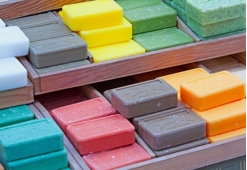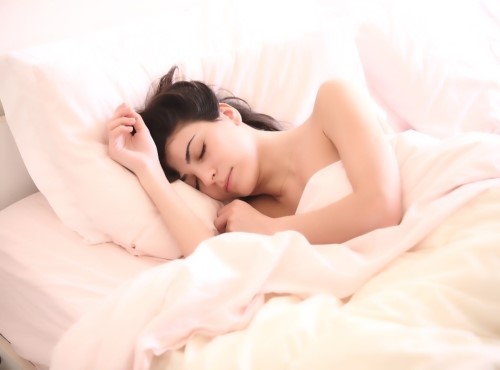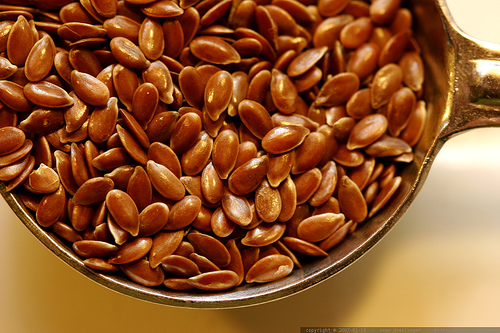
by Sanford Harvey
We mostly prefer antibacterial soaps over other soaps in the belief that it keeps us and our families healthy when, in fact, it may even make us sick.
Antibacterial soaps kill not only good and bad germs and bacteria, but also weakens the immune system, fertility, testosterone, and sperm production in men, studies revealed.
 What is Triclosan?
What is Triclosan?
Triclosan is the most prevalent antibacterial and antifungal compound found in a variety of products. It is typically absorbed through the skin, through the lining of the mouth, or through food exposed to triclosan and stored in body fat.
Triclosan is also a chlorophenol, a group of chemicals suspected to be causing cancers in humans.
Where is Triclosan Found?
The majority of the antibacterial products available in the market contain triclosan. Triclosan-containing products include:
- Soap
- Dental care
- Cosmetics
- Deodorant
- Laundry detergent
- Facial tissues
- Clothing
- Several personal care products
Triclosan is commonly used in a wide range of products to reduce and prevent fungal and bacterial contamination.
What are the adverse effects of triclosan on overall health?
Soaps and other products that contain triclosan are known to contaminate and poison people. Small amounts of triclosan add up in each product and stays in the body as this chemical takes a long period to degrade.
Other studies also linked triclosan to a variety of adverse health effects such as:
- Skin irritation and allergies
- Endocrine or hormone disruption
- Bacterial and antibiotic resistance
- Weakening of the immune system
- Poor reproductive health
Due to the discovery of the potential harm triclosan offers to its consumers, big manufacturers such as Proctor & Gamble and Johnson & Johnson already eliminated the use of triclosan to their products.
The inclusion of triclosan in consumer personal care and cleaning products has been banned in the state of Minnesota while the Canadian government declared triclosan as toxic to the environment.
What is the link between triclosan and male sexual health?
Hormone disruption is listed above as one of the adverse effects of exposure to triclosan. In a study published in the Oxford Journal of Toxicology Sciences in 2008, it was found that exposure to triclosan notably reduced the testosterone levels of the rats used in the experiment.
The Indian Institute of Technology’s Biotechnology Department also conducted a study on male rats and found out that 60-day exposure to triclosan lowered their sperm production.
Low testosterone levels pose a significant threat to every male species. Sexually, it can lead to lower libido or appetite for sex, shrunken testes, unhealthy sperm count, and erectile dysfunction.
What’s in your soap? You may be washing yourself closer to different diseases and poor sexual health.
How can we get rid of triclosan in our everyday essentials?
Because of the widespread exposure to the negative effects of triclosan to health, many huge companies already removed them from their products. However, many still use triclosan in their products.
Here are tips on how to make sure you are triclosan-free:
- Always read product labels.
Keeping an eye on product labels is a must. Although most companies have already removed triclosan from their products, others still did not. If you read triclosan in the list, do not buy it.
- Avoid things labeled with “germ-killing” and “antibacterial”.
Most “germ-killing” and “antibacterial” products contain triclosan and its cousin, triclocarban. Both pose danger to health. Opt for regular nontoxic soap and just wash often to avoid germs and bacteria.
- Go for organic products.
You can be sure that with organic products, no harmful chemicals are added. Organic soaps and personal care products usually make use of natural ingredients such as vegetable oils and other environment-friendly sources.
- Be cautious of liquid soaps.
Most liquid soaps contain a huge amount of triclosan to improve their antibacterial properties. However, other personal care products such as cosmetics, tissues, deodorants also brim with triclosan. You can opt for alcohol-based hand wash or frequently wash hands with soap and water.
- Stay away from treated stuff.
Be wary of antimicrobial-treated products such as mattresses, textiles, beddings, shoes, clothes, plastic, towels, and more. Most of the time, these are treated with triclosan to prevent bacteria, mildew, and odor.
In this industrialized generation, toxins and harmful chemicals surround us. These chemicals do not only pose harm to male sexual health, but also to women, children, and the environment. Opt for safer alternatives, be triclosan-free!
(Sanford Harvey is a researcher and writer at Genemedics Health Institute, a bioidentical hormone replacement therapy clinic in the different states of USA consisting of highly trained hormone specialists.)




